In very recent times, this article might probably be the best analytical data that I have written about the economic situation in Nigeria.
It is mind boggling when we take into cognizance the trend and fast pace at which both our micro and macro economics have declined from 1999 to date. It is truly an abysmal failure when we look at the statistics and facts. Please, let us follow the data from 1999 to date.
To start with, Nigeria’s economy is measured by many metrics including GDP, GDP per capital and inflation rate. In this essay, I am going to focus on Gross Domestic Products( GDP), External Reserves and National Debts, Inflationary gap, Poverty Index and Forex Market vis a vis, a wide variations in the Exchange Rate from 1999 to date.
Nigeria’s external reserves are the accumulation of foreign exchange that the federal government have in the purse of the Central Bank of Nigeria, CBN. It is very essential for the country to be at equilibrium in its balance of payment to be able to pay for its imports, mobilize enough money to its forex market to meet the demands for foreign currency that will enable it enjoy a fairly stable market economy. In other words, leaving a sizeable amount of foreign reserves is a strong sign of success. It is note worthy to say that, Nigeria achieved the highest point of external reserves at the end of September 2009 at $62 billion. This feat was achieved during the era of President Umaru Musa Yar’adua. He took over from Obasanjo with the external reserves at $43.13 billion, but sadly he was snatched away by the cold hands of death. He left $40.3 billion as our external reserves.
Goodluck Ebele Azikiwe Jonathan inherited a sound and robust external reserves profile from his predecessor, Musa Ya’radua, but left behind a 28.5 billion as external reserves by the time he completed his term in office on May 29th, 2015.
It was indeed retrogressive of the nation’s external reserves profile when taking into cognizance, the sizeable amount of money ($43.13 billion) left behind by former President Olusegun Obasanjo in 2007.
Prejudice apart and without mincing words, it was former President Olusegun Obasanjo who turned around our foreign reserves to a great achievement to be celebrated. When OBJ took office in May 29th, 1999, Nigeria’s foreign reserves was barely less than $5Billion. By the time he left office in 2007, the country’s foreign reserves rapidly increased to $43.13 Billion.
Suffice it to say that, it is on record that OBJ paid off the Paris debts and left $43.13 billion – comprising the CBN’s external reserves of $31.5 billion, $9.43 billion in the external crude account, and $2.18 billion in the federal government’s savings. Figures don’t lie.
In May 2015, President Mohammadu Buhari started with a $28.5 billion external reserves he inherited from his predecessor, President Goodluck Ebele Azikiwe Jonathan. However, the bogus and fallacious figure of $36 .61 billion as external reserves reported by the Central Bank of Nigeria towards the end of Buhari administration was a desperate attempt to cover up the termites that had long eaten deep into the fabrics of our economy.
A deceitful and catastrophic economy indeed as reported by the Central Bank of Nigeria!
The real truth is that, our external reserves under Buhari has plunged to less than $3.7 billion. What a national disaster!
According to Punch Newspaper, dated August 24th, 2023 with the headlines; $3.7b Reserves: Uncovering the truth at CBN. “The Central Bank of Nigeria remains firmly in the news for all the wrong reasons. As if the stench oozing from the apex financial institutions’ naira reissuance that prompted President Bola Ahmed Tinubu to appoint a Special Investigator was not enough, the report that the external reserves plunged to $3.7 billion is doubly alarming. Simultaneous forensic and law enforcement investigations are required to unravel the mess and set the stage for a reform. Apprehension may soon give way to panic following the bombshell on Monday from a global financial firm, JP Morgan that, contrary to rosier official figures, Nigeria’s foreign reserves plunged to $3.7 billion by December 2022. The sum contrasts sharply with the $36.61 billion initially claimed by the Central Bank of Nigeria by the year end.”
SHAMELESS PEOPLE!!
Moreover, who are the members of the so-called World Bank Finances as reported by Punch Newspaper, dated 10th of August 2024. Headlines: “FG repaying 69 loans obtained by Ex Presidents, W’Bank declares.”
Are the so-called World Bank finances not surrogates of President Bola Ahmed Tinubu?
Are they not “robbing Peter to pay Paul?”
Are we not repaying loans, and at the same time deepening the country into great debts by collecting more loans to save the value of our local currency? It is imperative to say, as of March 31st, 2024 Nigeria”s total national debt was N121.67 trillion (approximately $91.46 billion), which includes the domestic and external debts of the Federal Government of Nigeria (FGN), the 36 states, and the Federal Capital Territory (FCT). This is a 24.99% increase from the previous quarter when the debt was N97.34 trillion (approximately $108. 23 billion) as of December 31st, 2023.
However, nothing can save the value of our local currency except great productivity.
TELL PBAT TO STOP BORROWING. GBAM!
Also, why is PBAT and his kitchen cabinet trying to change the narrative?
Yes, this current administration needs to stop living in the euphoria of the failures of past administrations and get to work to fix the current economic hardship in the country.
This government should get back to work and stop all of these political wiles and propaganda.
Who is fooling whom in this country?
Mr. President stop the blame talk and get to work to resuscitate our economy from the dungeon of a severe hunger in the land.
I am not going to be economical with the truth, but I will be hard on this government, based on statistical data. Fact is fact!
READ MY LIPS, THERE WILL BE NO PRETENSIONS, WHATSOEVER.
Before I examine the inflation rate vis a vis, the exchange rate and devaluation of our local currency from OBJ to date, it is important to say the purpose of this essay is not to sing praise of any president, but to come to terms with the statistics and facts of Nigeria’s economy; and to stop playing politics with the unbearable economic living conditions of the citizenry by using primordial sentiments and ethnic bigotries to change the narrative.
Emphatically, there are no assumptions in this essay, but statistics and facts.
In addition, the current economic hardship in Nigeria is real. We are all buying food stuffs from the same market; this is regardless of your ethnicity and social status. Hunger is faceless.
To be continued…
David Adenekan Writes From Chicago, Illinois. He can be reached on: davidadenekan5@gmail.com.






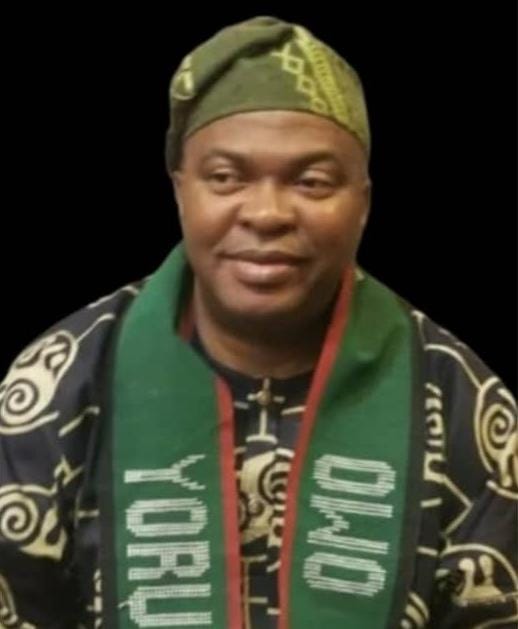


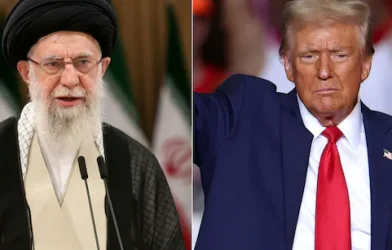
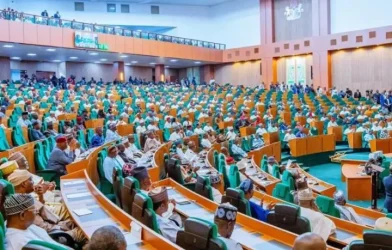
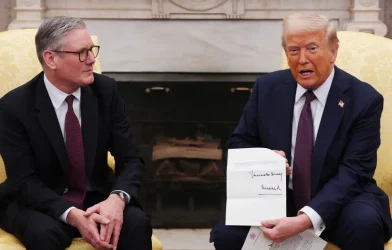

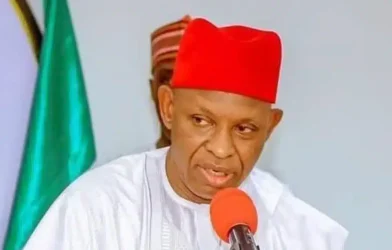
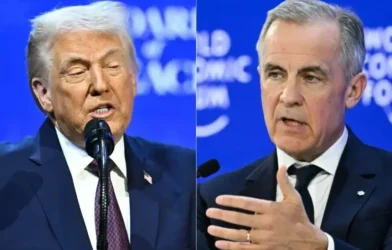
Comments are closed